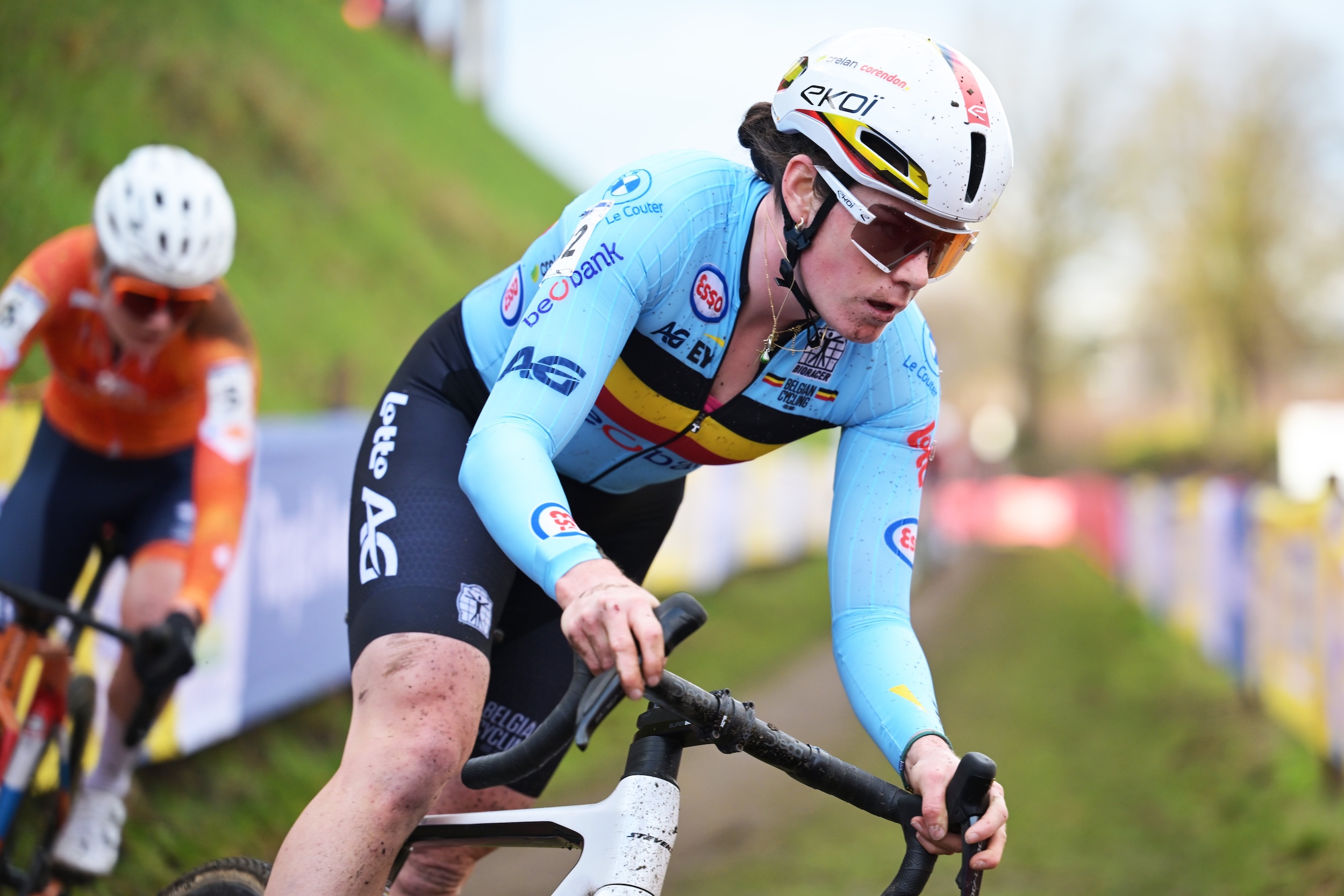Förster gives insight into out-of-competition testing
By Susan Westemeyer Exactly what happens when a pro cyclist has to undergo an unannounced,...
By Susan Westemeyer
Exactly what happens when a pro cyclist has to undergo an unannounced, out-of-competition doping test? Gerolsteiner's Robert Förster explained on his website, robert-foerster.de what happened on the island of Mallorca when he returned to his hotel room after a massage and found a young woman waiting outside his room. "NADA, national anti-doping agency. 'I ask you to follow me,' she said decisively. I wanted to change my shoes and get a bottle of water to take with me. 'Please bring a bottle that has not yet been opened.' That was new to me. But ok. Then we went room to room and gathered three more teammates."
"'Do you all have your identification with you?' Of course not, for the last control we only needed to show our licenses. So we all went back to our rooms, with our escort, to pick up our IDs."
"When we arrived in the control room, there was (male) controller waiting for us. Then things went their usual way. Pick out a cup, then a holder with the glasses for the A and B samples. I was ready and went with the controller to the toilet. 'First wash your hands.' That was new to me, but okay. Then the t-shirt pulled up to the breast and the pants pulled down to the knees. Have to give at least 110 ml urine. That's not always so easy when this guy is standing just inches away from you. No matter how routine this is, sometimes it takes a while before the cup is full."
"When that was done, the paperwork started. Compare the numbers of the A and B samples with the number on the paper and answer all the questions. Are you taking any medication? Do you have a certificate (allowing you to use certain products)? Have you undergone a blood transfusion in the last six months?"
"I was finished with all that, but the young lady told me to stay seated. All four urine tests had to be made. But why? Then we're going to take you blood, she said. So I had to wait. It took about an hour before the last one was finished. Then they took our blood, four tubes of it. Three of them were numbered and locked away in a secure holder. Again we had to wait until everyone was finished. Then the fourth tube was put through a centrifuge and numbered."
"An enormous amount of effort that took about two hours. The controls are necessary and the NADA shows that it also conducts controls in training camps in foreign lands. Such controls are important to make our sport believeable. We can only hope that other countries also handle it so strictly."
The latest race content, interviews, features, reviews and expert buying guides, direct to your inbox!
